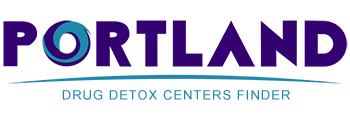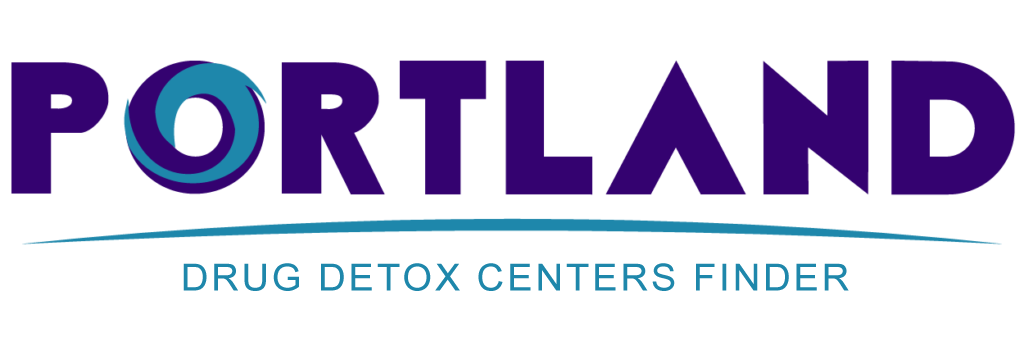Moral Reconation Therapy in Portland, OR
Developed in 1988, Moral reconation therapy, or MRT for short, is a form of cognitive-behavioral therapy that has been used in substance abuse treatment for more than two decades. Emphasizing the importance of personal responsibility, MRT aims to help addicts make better choices in the future.
The Effectiveness of MRT
The benefits of MRT have been validated in more than 75 clinical studies. Originally, MRT was used to encourage moral and ethical behavior among people in the prison system as a part of rehabilitation.
Today, MRT is widely used for drug and alcohol addiction because the therapy can benefit a broad range of people. Because no reading or writing is required, individuals on different intellectual levels and those with varying strengths and weaknesses can benefit from MRT equally well.
Key Components of MRT
MRT revolves around the idea that people who abuse drugs and alcohol do so because they actively seek out pleasure as a replacement for pain. The therapy seeks to help addicts and alcoholics:
a. Accept responsibility for the roles they played in their addiction
b. Trust that they can recover and that treatment can work
c. Learn to adapt to difficult circumstances
d. Understand that they cannot always be right
e. See the benefit of working through negative feelings
f. Begin to respect the importance of rules and laws
g. Seek forgiveness to repair relationships they have damaged
h. Search for opportunities to give to others
i. Set goals for a better life and live in a way that makes it possible to achieve them
j. Become committed to being ethical and moral in daily life
k. Stay focused and motivated in times of adversity
l. Recognize negative behaviors, attitudes and beliefs and strive to live more positively
m. Readily admit mistakes and try to learn from them
n. Continue to live with purpose after treatment ends and reassess their goals on a regular basis
While MRT may be performed on an inpatient or outpatient basis, the therapy relies on a group model for success. Facilitators typically meet with small groups once or twice per week for 3 to 6 months or longer. The system of therapy is divided into 16 units, and the group progresses only when all members are ready to proceed.
In drug and alcohol rehab centers, those undergoing MRT will often transition into the program after medical detox. By going through a period of detoxification prior to the start of therapy, individuals can be free of symptoms of withdrawal and ready to focus on the mental and emotional aspects of addiction that Moral Reconation Therapy addresses.
MRT in Portland, OR
At Drug Detox Centers Portland, we offer connections to Moral Reconation Therapy in comfortable, home-like, environments to help people struggling with substance abuse problems move forward in life in a safe, healthy and positive way. The alcohol and drug addiction programs feature holistic, individualized treatment plans that can incorporate MRT with other proven interventions to help ensure long-term success with clean and sober living.
To find out more about MRT in Portland, call Drug Detox Centers Portland today at (971) 930-4338.


